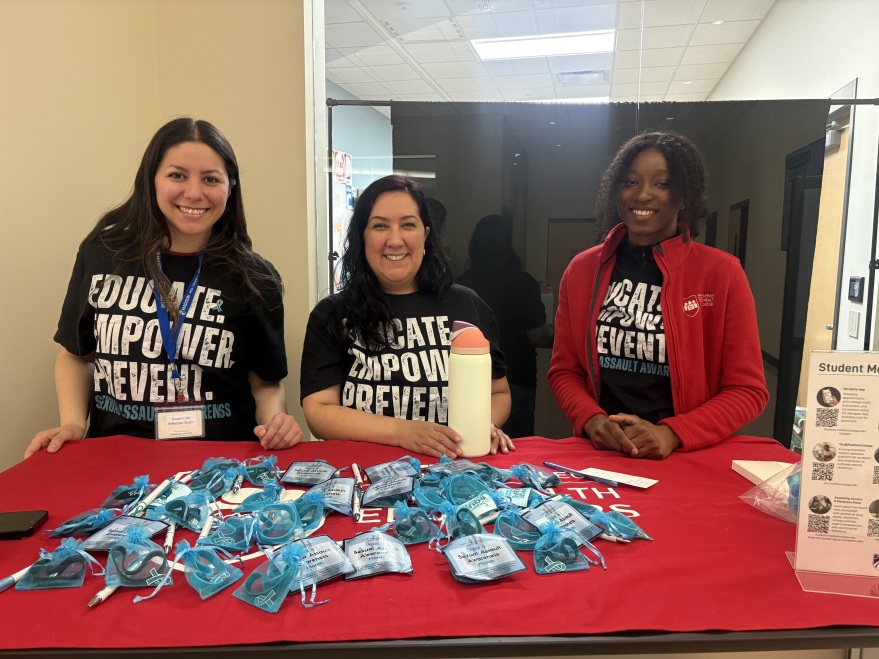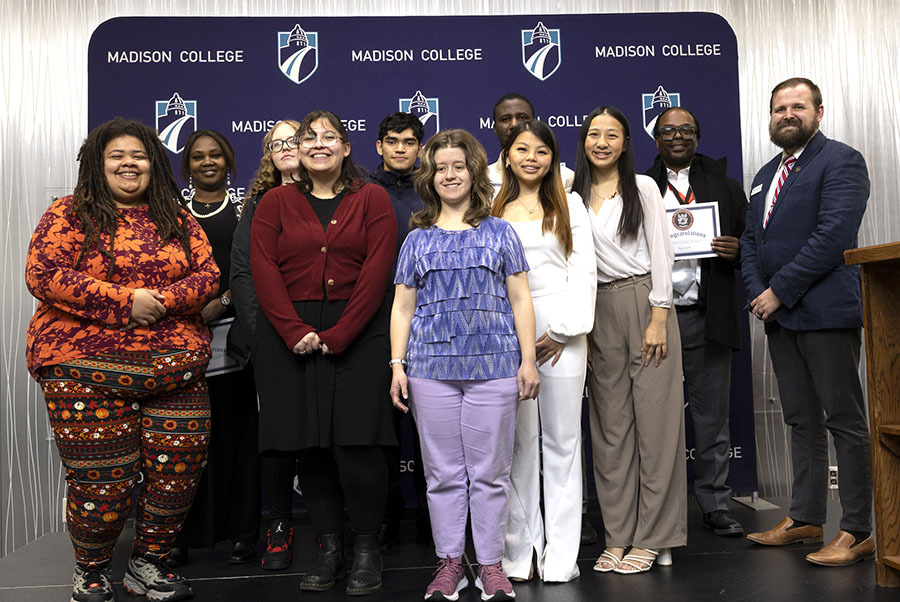Black History Month
February 13, 2018
In 1976, President Gerald Ford officially recognized February as Black History Month. In his announcement, he urged citizens to use the time “to honor the too-often neglected accomplishments of black Americans in every area of endeavor throughout our history.” Since then, Black History Month has explored African American history and accomplishments through yearly themes. This year, it’s “African Americans in Times of War.”
This theme is intended to highlight sacrifices and contributions made specifically during U.S. militaristic endeavors. Yet it seems to me to carry a measure of irony: since the founding of this nation, African Americans in the United States have never not been at war, more often against assailants at home than abroad.
The black American legacy began with abduction, enslavement, and the intentional white erasure of black cultural and traditional identities. In 1865, the 13th Amendment redirected the existing slave industries into more insidious and subversive channels. This transition is brilliantly explored in platforms such as Ava Duvernay’s documentary “13th,” Michelle Alexander’s book “The New Jim Crow,” and Ta Nehisi Coates’ article “The Case for Reparations.” These reports cite for-profit prisons, mass incarceration, housing red lining, convict leasing, gerrymandering, racial profiling, and other legal or semi-legal systems as the modern inheritors of U.S. slave-based economy, and the current tools of the nation’s obsession with racial control. This ongoing war waged against black Americans won’t be found on any traditional battlefront. It happens in everyday institutions surrounding us, in our legal systems, in our history classes, in our mainstream media.
It is happening now, and will continue happening (despite a slowly growing pushback) for quite some time.
With this in mind, I encourage you to redefine how you approach Black History Month. In addition to paying homage to the innumerable black Americans who have fought for, died in, and been killed by this country, I ask you to go out of your way to further your understanding of the struggles still faced by African American individuals today.
This can be done through a number of ways — the resources mentioned above are great places to start, as are the creations of black musicians, authors, artists, and activists still working today. Personally, I highly recommend the works of Jamaica Kincaid, Jesmyn Ward, and Warsan Shire — all three writers offer insights into lives and societies largely invisible to the everyday non-black observer.































